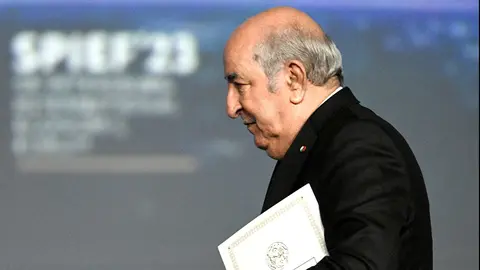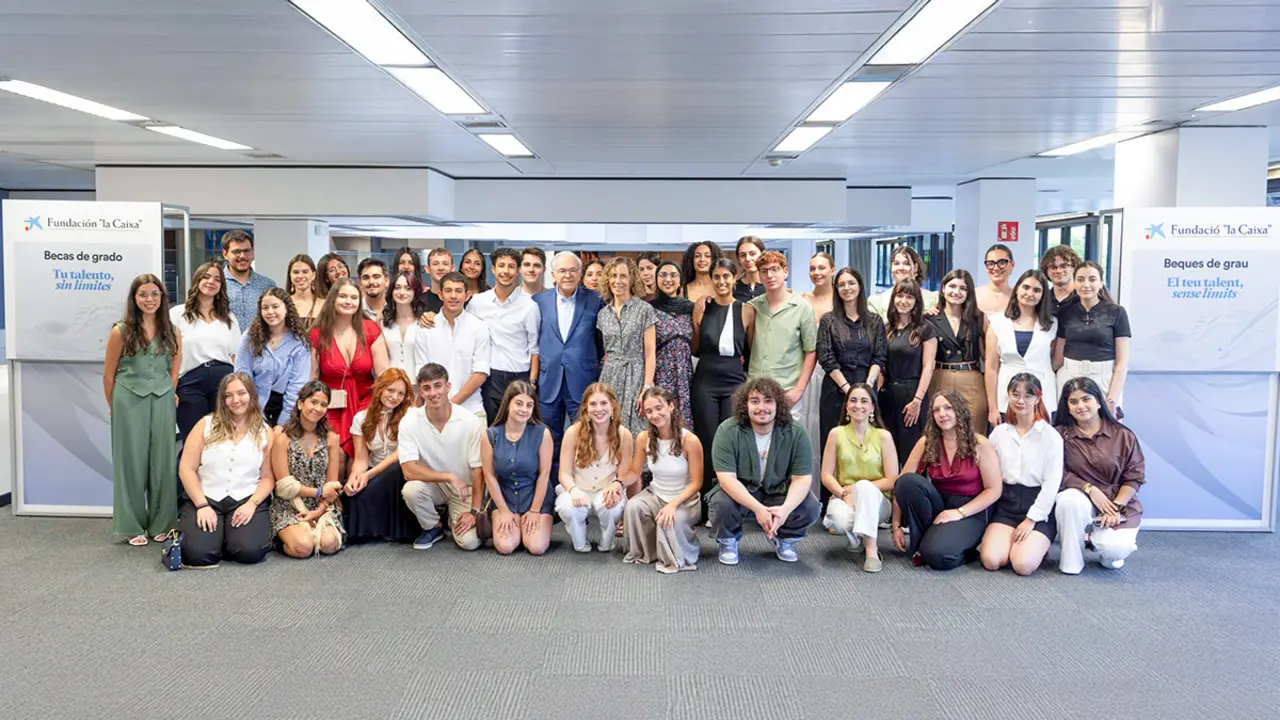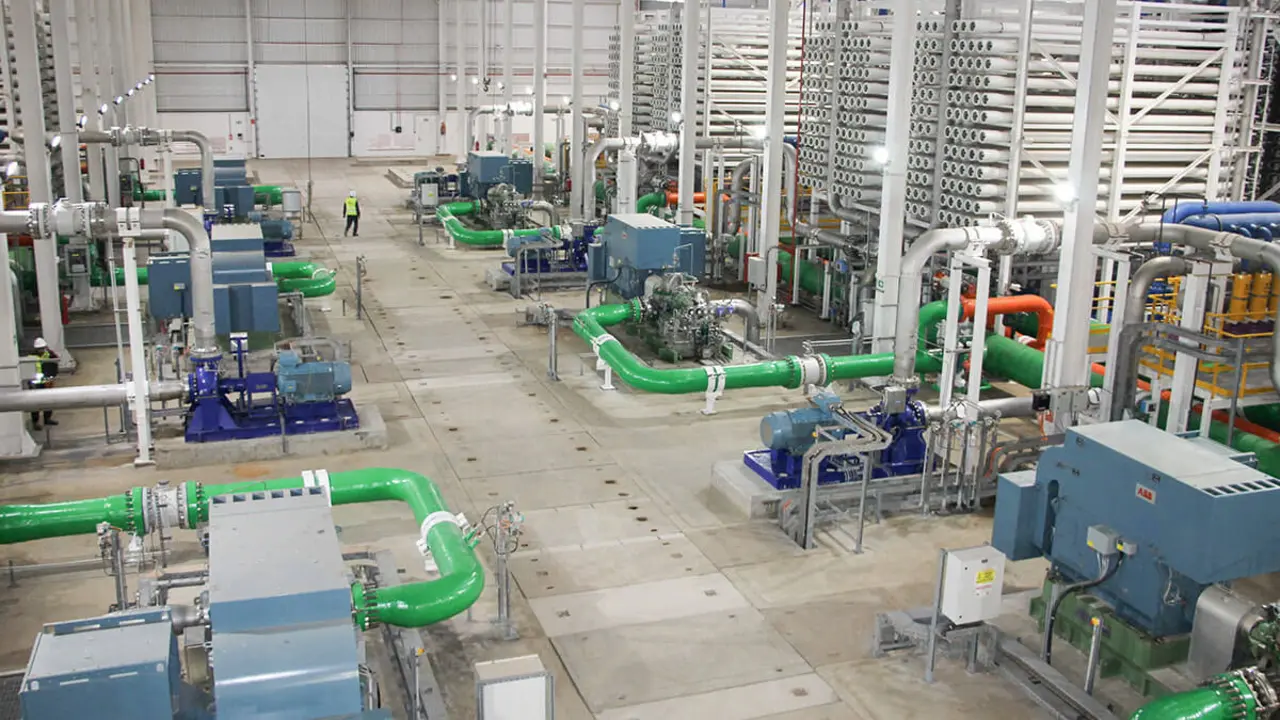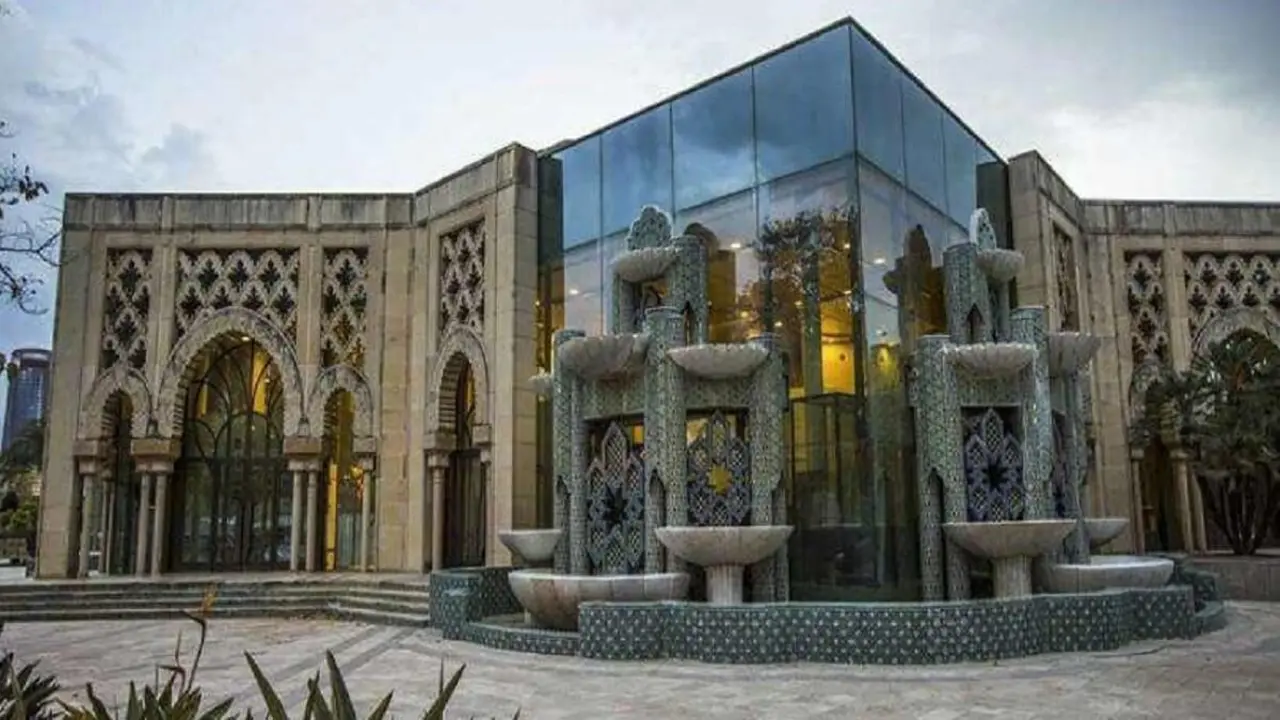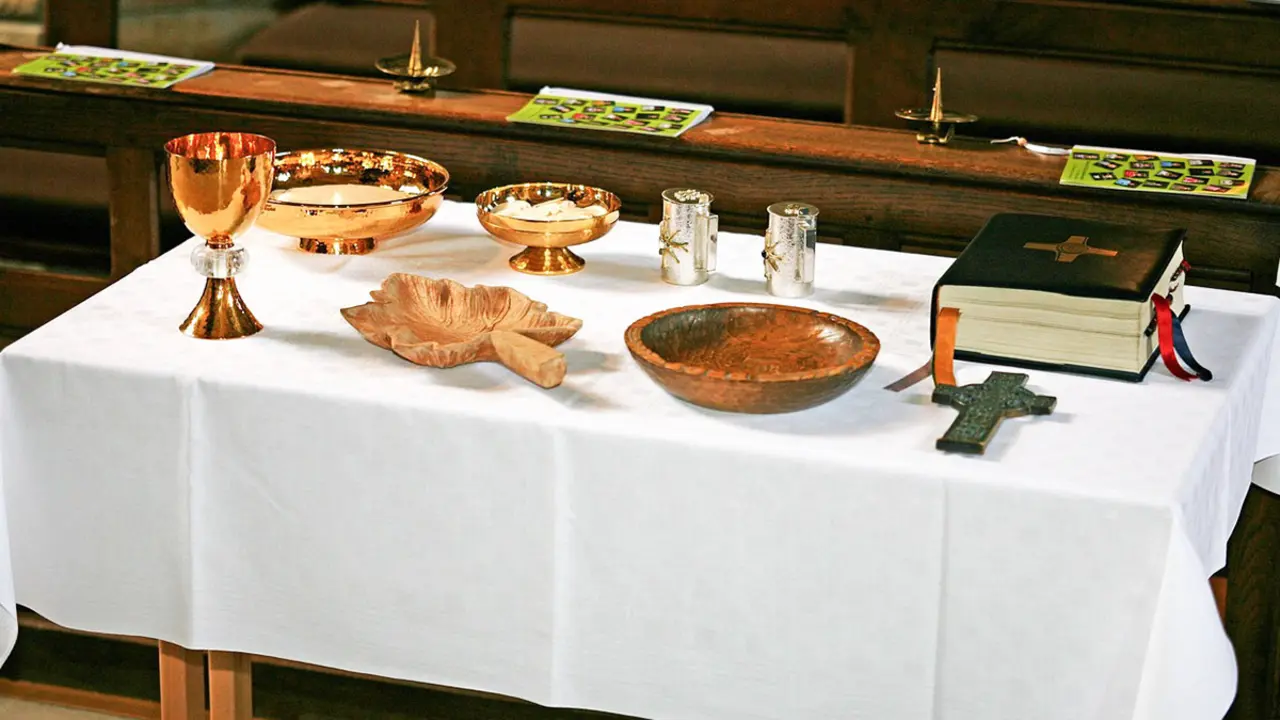Marriage and birth rates fall in Algeria
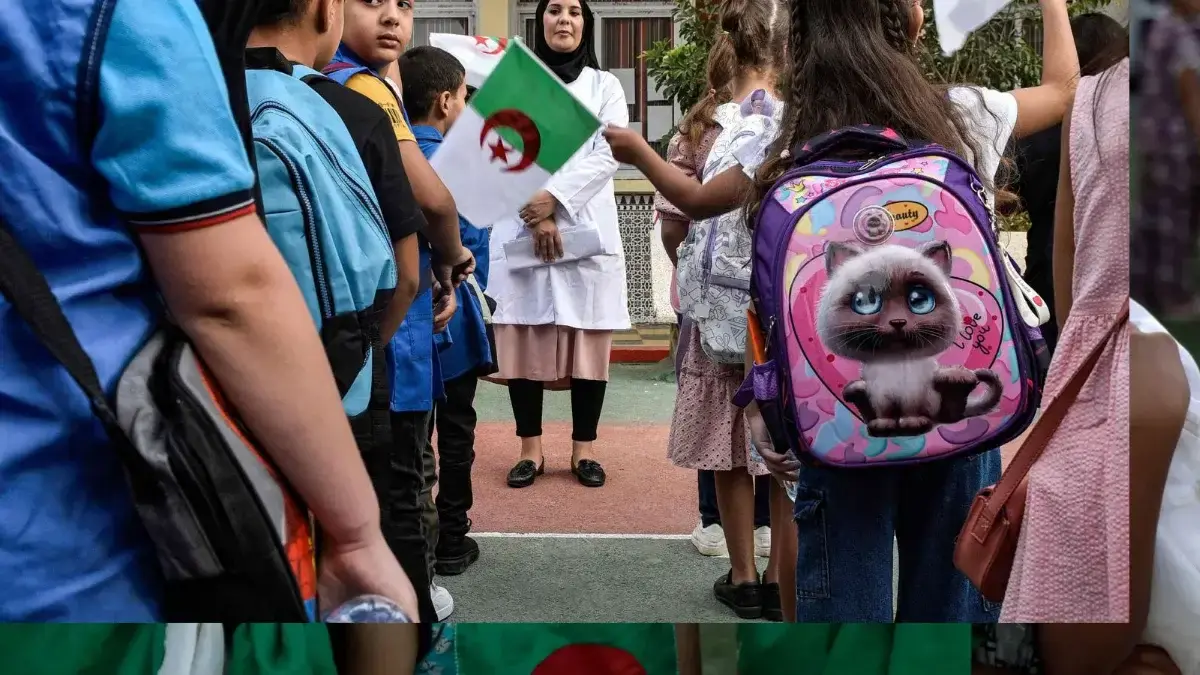
Algerian society is undergoing substantial changes that are creating a new social landscape. This is characterised by a decline in marriages or late marriages and a situation in which motherhood is no longer a priority.
The figures show that in recent years there has been a significant decline in marriage and fertility rates. According to sociologists, social and economic conditions make it difficult to build family relationships. This is evident in the data released by the Ministry of Health and Population, which stated that Algeria reached a population of 47 million in July 2025. Foresight and Demographic Monitoring added that 29% of the total population is under 15 years of age, 59% is between 15 and 59 years of age, and 11% is over 60 years of age. It also notes that since 2014, when the turning point was reached with an average of 10 marriages per 1,000 people, marriages have only been declining progressively.
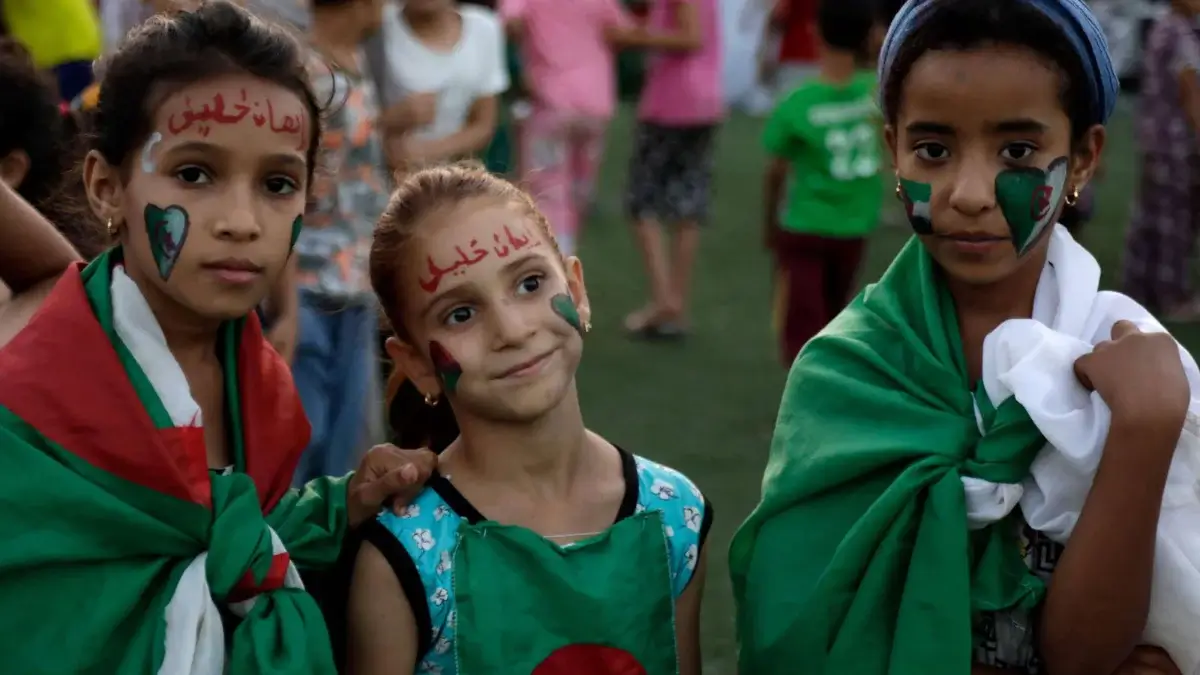
According to government sources, this shift is also attributed to changes in the priorities of contemporary generations in their studies and careers, placing the average age of marriage at 27 for women and 34 for men in 2019. As a result, early marriage has almost disappeared and delayed marriage for both men and women has become the norm, leading to a decline in births and affecting population growth compared to the years prior to the pandemic, when more than one million births were recorded annually.
Another silent crisis that has not been addressed is the one affecting the environment, such as the current situation in the housing and employment sectors, which is causing greater difficulties for young people and forcing them to put their family aspirations on hold. Economic instability is one of the main reasons why young people are unable to meet the basic requirements of any marriage project. Complicated social situations have led to street protests, such as those led in recent years by the broad social movement known as Hirak, which opposes the policies developed by the Algerian state.
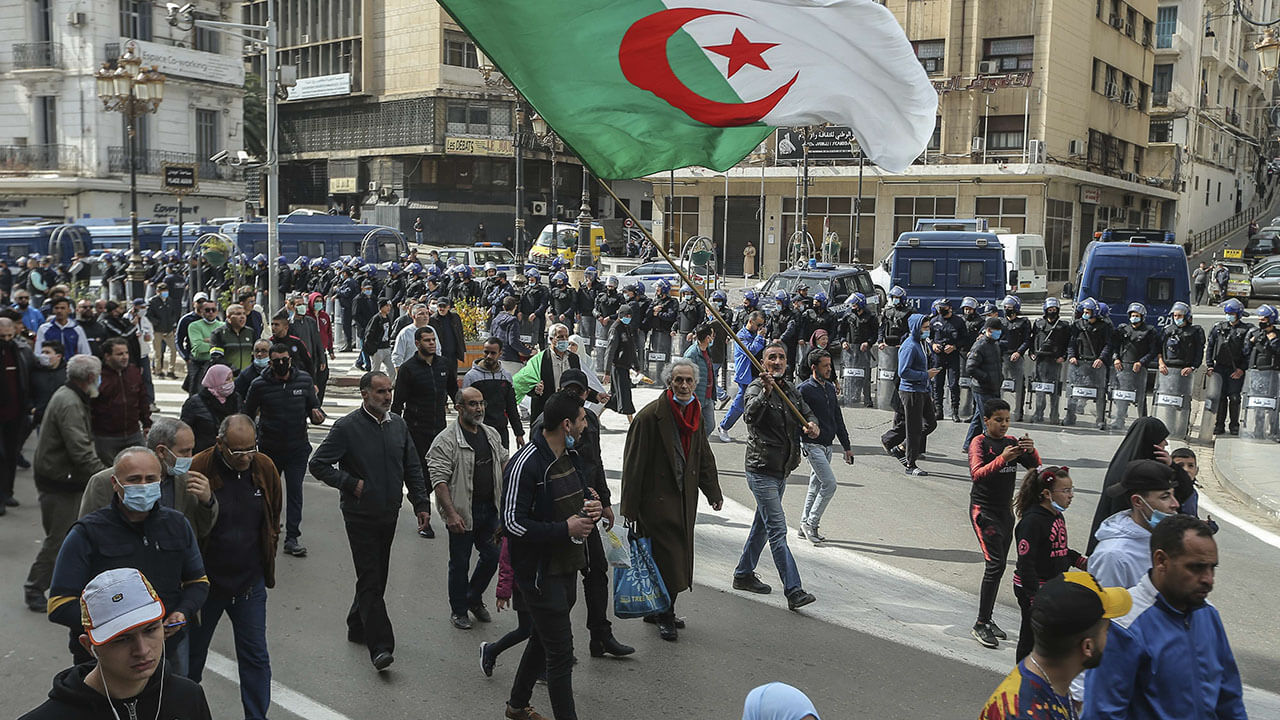
Sociologist Hisham Boubaker stresses that the rising cost of living, the introduction of women into the workforce and aspirations for a better life and social status are central causes of the redefinition of social, economic, religious and educational values. Boubaker adds that Algerian marriage used to be a social and family matter of great importance in accordance with common interests and aspirations, but that in many cases it has now become a purely individual matter.
The phenomenon of young people's reluctance to marry has also increased and become a widespread reality that threatens the social structure, security and stability in many countries. Specifically, this reluctance is due to deteriorating social and economic conditions, intellectual change or different personal and psychological reasons.
The percentage of elderly people in Algeria has already exceeded the 50% threshold. Furthermore, statements show that one third of the population are elderly and single people who have reached and exceeded marriageable age, a situation with serious consequences for the composition of Algerian society.
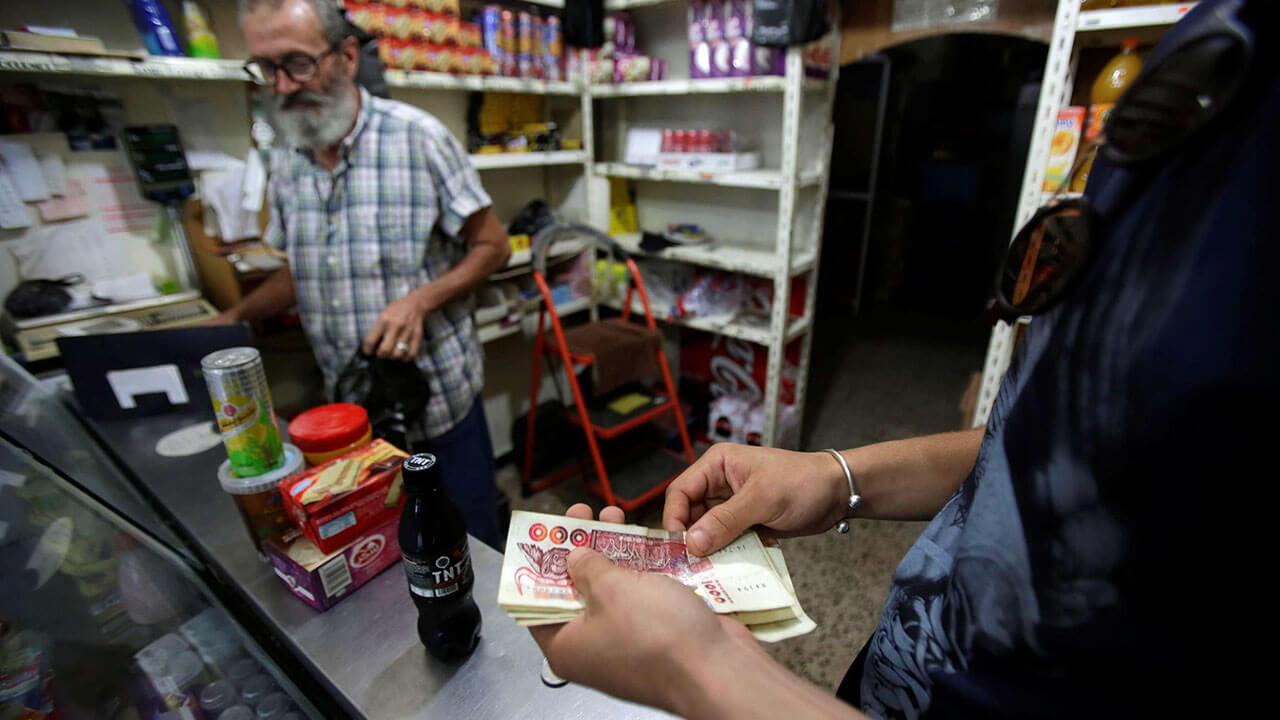
Similarly, the report by the National Statistics Office showed that, at the end of 2023, the total number of Algerians was 46.7 million, with normal growth of 1.52%. This figure is expected to rise to 47.4 million by early 2026 and to 60 million by 2050. The age rate also rose to 79.6 years, with an average of 78.2 for men and 81 for women.
However, new perceptions of family and procreation in Algeria could give way to a new social structure that would break with traditional norms and rhythms. Current trends already reflect the impact of economic and social issues and changes that are reshaping cultural values and could redefine the country's demographic future.

